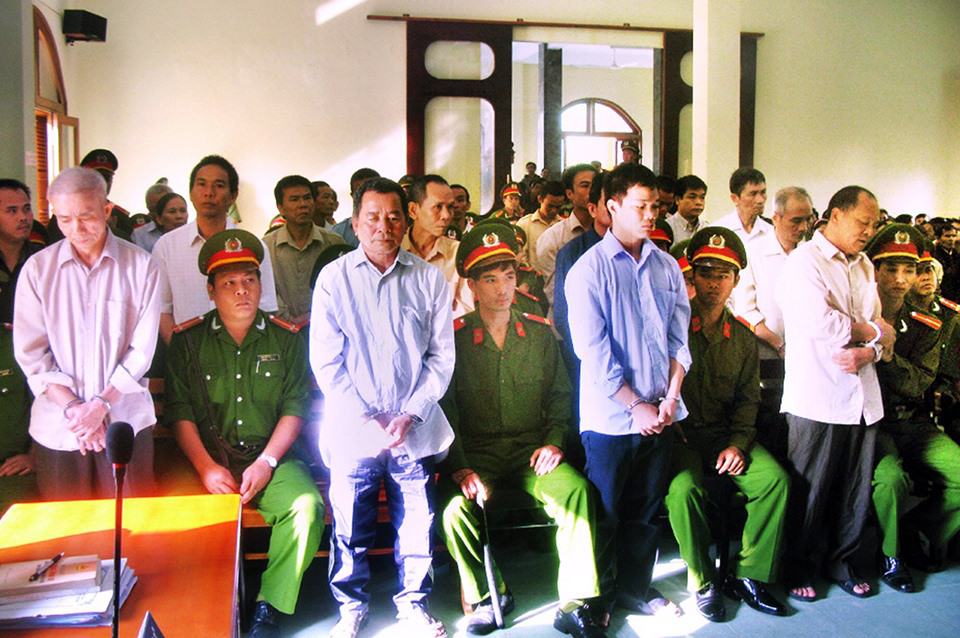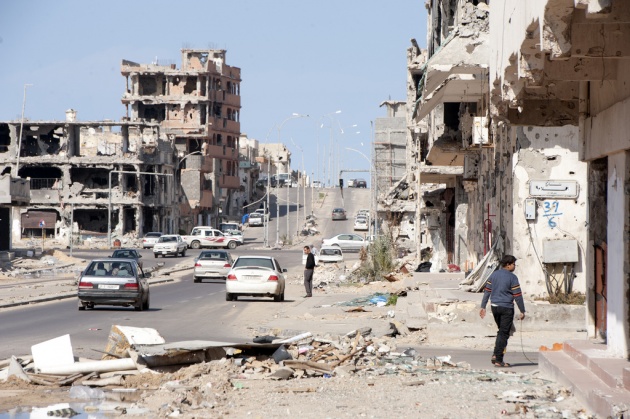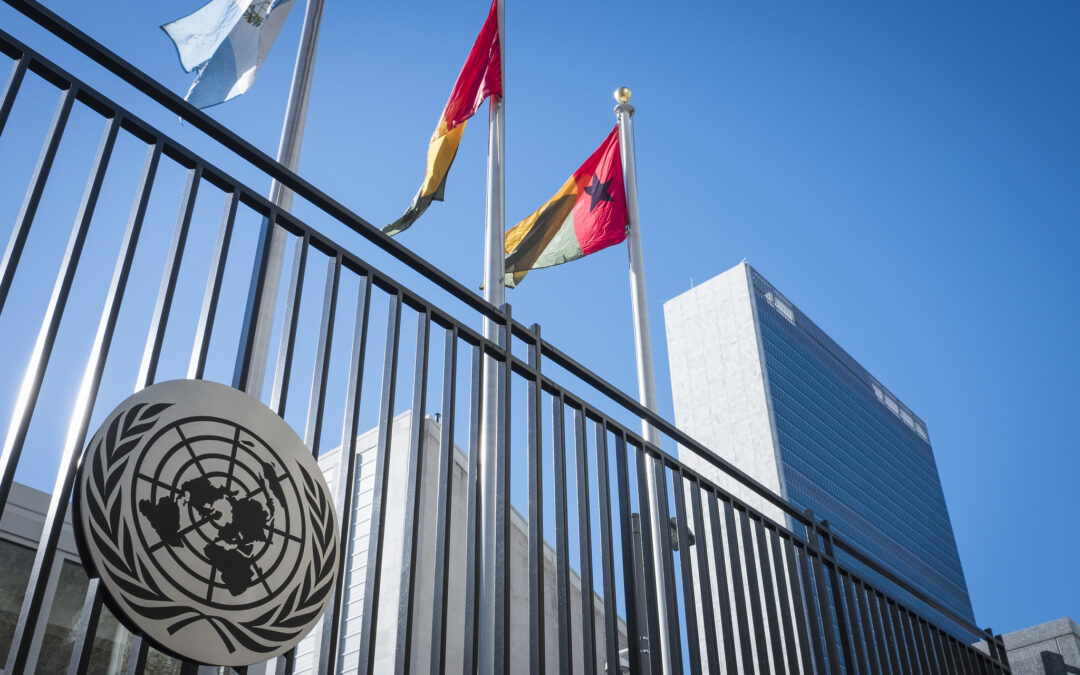
Apr 6, 2020
Today, the ICJ submitted an open letter to the Prime Minister, Deputy Prime Minister and acting Minister of Health, Minister of Public Security and Minister of Justice of Vietnam, expressing concerns about detainees whose physical integrity and well being are believed to be at risk.
This is because they have not been provided with adequate access to healthcare and medical treatment in prison.
The ICJ also called on the Vietnamese authorities to respect, protect and fulfill its obligations to ensure humane treatment and provide equal right of access to healthcare and health services to all prisoners and detained individuals, in their measures to combat the COVID-19 outbreak; and to release detainees particularly vulnerable to the COVID-19 crisis, including older detainees and those who are sick or suffering from pre-existing medical conditions.
In its letter, the ICJ raised concerns about the condition of 21 detainees who have allegedly not been provided adequate access to healthcare and medical treatment. The detainees are adherents of the An Dan Dai Dao, a Buddhist religious organization which has been the target of official persecution, raising concerns that their prosecution and their mistreatment in detention may be linked to their religious affiliation.
The ICJ urgently requested Vietnamese authorities to take immediate steps to:
- Ensure that the responsible authorities provide the detained individuals with access to adequate, prompt and continuous healthcare and medical attention, in line with Vietnam’s Constitution, and the International Covenant on Civil and Political Rights (ICCPR) and the International Covenant on Economic, Social and Cultural Rights (ICESCR) – both to which Vietnam is a State party. Such provision should also be in accordance with the United Nations Standard Minimum Rules for the Treatment of Prisoners (“Nelson Mandela Rules”), which should be fully implemented;
- Ensure that the responsible authorities meet the State’s obligations to provide equal right of access to healthcare, health facilities, goods and services to all prisoners and detained individuals;
- Conduct medical examinations and risk assessments of all persons held in detention, and release those particularly vulnerable to the COVID-19 virus, including older detainees and those who are sick or suffering from pre-existing medical conditions, including the 21 individuals named in the letter;
- Ensure that detainees, including the 21 individuals named in the letter, are not subjected to torture or other ill-treatment and that their rights to humane treatment, dignity and life are protected in accordance with articles 7 and 10 of the ICCPR and the UN Convention against Torture (UNCAT), to which Vietnam is a State party.
To download the open letter, click here.
To download the annex, click here.
To download the full statement with background information, click here.
Contact
Frederick Rawski, ICJ Asia Pacific Regional Director, e: frederick.rawski(a)icj.org

Dec 4, 2019
Today, the ICJ joined seven other non-governmental organizations calling on States to establish a Commission of Inquiry or similar mechanism for Libya at the 43rd session of the UN Human Rights Council from February to March 2020.
The mechanism should document human rights violations and abuses, identify those responsible for them, preserve evidence for use in future criminal proceedings, and publicly report on the human rights situation in the country.
“Impunity reigns in Libya and, without an overhaul of the criminal justice system, future investigations or prosecutions are unlikely to be effective,” said Said Benarbia, the ICJ’s MENA Programme Director.
“As negotiations for a ceasefire and political solution to the conflict in Libya continue, States cannot keep on ignoring accountability for the egregious human rights violations and abuses committed in the country,” he added.
In July this year, the ICJ released a report – Accountability for Serious Crimes Under International Law in Libya: An Assessment of the Criminal Justice System – which found that the legal framework in Libya does not meet international standards governing the rights to liberty and to a fair trial of detained or accused persons, or the rights of victims to a remedy and reparation.
Crimes against humanity and war crimes, committed by State and non-State actors on a widespread scale in Libya, are not penalized under domestic law at all. The definitions of crimes such as torture, enforced disappearances, extrajudicial killings and rape are also inconsistent with those under international law.
“While the International Criminal Court has jurisdiction over crimes against humanity and war crimes committed in Libya since 2011, it is not a panacea for all crimes perpetrated in the country, nor can it contribute to the development of viable institutional and legislative reforms needed for human rights and the rule of law to take root,” said Kate Vigneswaran, the ICJ’s MENA Programme Senior Legal Adviser.
At the 42nd Session of the Human Rights Council, Kate Gilmore, UN Deputy High Commissioner for Human Rights, and Ghassan Salame, Special Representative of the UN Secretary-General (SRSG) and Head of the UN Support Mission in Libya (UNSMIL), called for the establishment of an international body to investigate violations of international human rights and humanitarian law in Libya.
“States have been relegating accountability in Libya, purportedly in the interests of peace, for far too long, an approach that has continually proven to yield little in the way of a political solution or the cessation of human rights violations and abuses against the many thousands of victims. States should take heed of the SRSG and Deputy High Commissioner’s statements,” said Vigneswaran.
Other signatories to the joint letter are Amnesty International, the Cairo Institute for Human Rights Studies, the International Federation for Human Rights, Human Rights Watch, Lawyers for Justice in Libya, the Libya Platform, and the Women’s International League for Peace and Freedom.
Contact:
Said Benarbia, Director of the ICJ Middle East and North Africa Programme, t: +41-22-979-3817; e: said.benarbia(a)icj.org
Kate Vigneswaran, ICJ Senior Legal Adviser, t: +31624894664, e: kate.vigneswaran@icj.org, twitter: @KateVigneswaran
Libya-Letter to HRC-Advocacy-open letters-2019-ENG (open letter in English, PDF)
Libya-Open letter HRC_News-press release-2019-ARA (press release in Arabic, pdf)
Libya-Letter to HRC-Advocacy-open letters-2019-ARA (open letter in Arabic, PDF)
Photo credit: Image by European Commission DG ECHO

Nov 20, 2019
On 18 November, the ICJ, together with 35 other non-governmental organizations, addressed an open letter to the members of the National Council of the Slovak Republic, expressing deep concern at ongoing legislative attempts to roll back on the reproductive rights of women in Slovakia.
At this time the Slovak Parliament is debating new draft legislation that would require women seeking abortion care to undergo a mandatory ultrasound scanning, to view and obtain the ultrasound image of the embryo or the foetus, and where technically possible, to also listen to the “heartbeat of the embryo or the foetus.” The proposed legislation also seeks to prohibit “advertising” on abortion and to impose a fine of up to 66,400 Euros on those who order or disseminate it.
In the letter, the signatory organizations raised concern that, if adopted, this legislation would harm women’s health and well-being, obstruct their access to safe abortion care and violate Slovakia’s international human rights obligations.
Download
Slovakia-Reproductive rights-Advocacy-Open Letter-2019-ENG (letter available in PDF)

Oct 29, 2019
The ICJ, together with 22 other civil society organizations and individuals, called on speakers at the United Arab Emirates’ World Tolerance Summit to be held on 13 and 14 November 2019 to withdraw from the event.
“The Summit, which purportedly aims to “strengthen the UAE’s position as a model of co-existence and cultural tolerance around the world,” effectively serves to conceal the UAE’s dismal human rights record,” the ICJ says.
The Emirati government has systematically repressed the exercise of fundamental human rights, including the exercise of freedom of expression by human rights defenders and other critical voices, and has committed other violations of international human rights law, including arbitrary arrests and detention, enforced disappearances, torture and ill-treatment and denial of the right to a fair trial.
As determined by the UN Group of Eminent Experts on the situation of Human Rights in Yemen, the UAE bears significant responsibility for many of the violations of international human rights law and international humanitarian law in the conflict in Yemen, including unlawful killings arising from direct and indiscriminate attacks against civilians and those resulting from restrictions on humanitarian aid, as well as enforced disappearances, torture and extrajudicial killings.
UAE-Tolerance Summit-Advocacy-open letters-2019-ENG (full text of open letter in English, PDF)
UAE-Tolerance Summit-Advocacy-open letters-2019-ARA (full text of open letter in Arabic, PDF)

Oct 24, 2019
The ICJ and other NGOs today sent an open letter to all State delegations in New York, urging them to uphold the protection of human rights while countering terrorism, in forthcoming negotiations on resolutions at the UN General Assembly.
The open letter urges all States to restore the focus of relevant General Assembly resolutions on human rights while countering terrorism, including the human rights of victims of terrorism.
In particular, it calls for States to reject efforts by Egypt and others to dilute, distract or distort this focus by introducing the overbroad concept of “effects of terrorism on all human rights” which seems primarily concerned with the impacts of terrorism more generally on macro-economic conditions, government budgets, and foreign industry and investment, as well as duplicating text from elsewhere in the UN system prescribing particular counter-terrorism measures.
While these may be valid topics for the UN to address in other discussions or fora, the ICJ and other NGOs feel strongly that the limited resources and attention within the UN allocated to the specific focus on human rights while countering terrorism, including human rights of victims of terrorism, should not be lessened or weakened by bringing in such other issues which are only remotely, if at all, linked to human rights. Indeed, the ICJ and other NGOs believe the longer term aim of such efforts is in fact to undermine the work of the UN Special Rapporteur on the promotion and protection of human rights and fundamental freedoms while countering terrorism.
The open letter can be download in full in PDF format here: UN-Advocacy-OpenLetter-TerrorismHumanRights-2019
For more background, see here and here.
The ICJ has published a compilation on human rights of victims of terrorism available to download in PDF format here.









